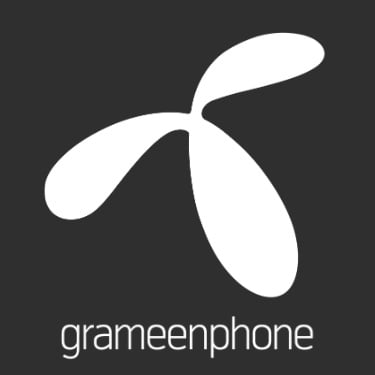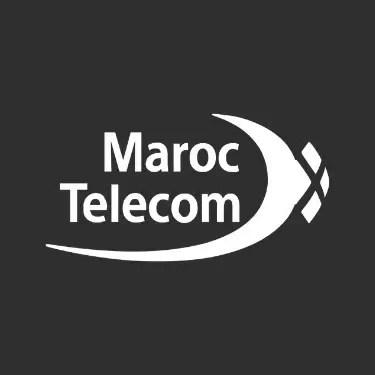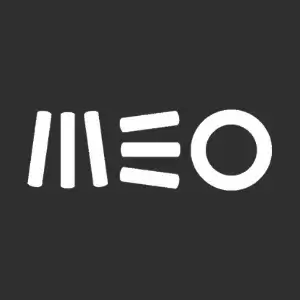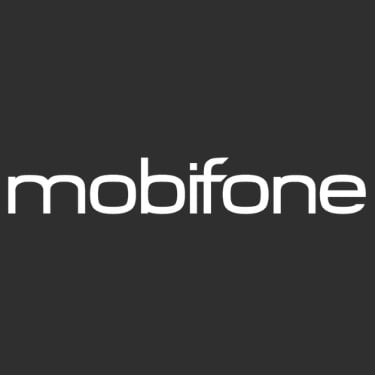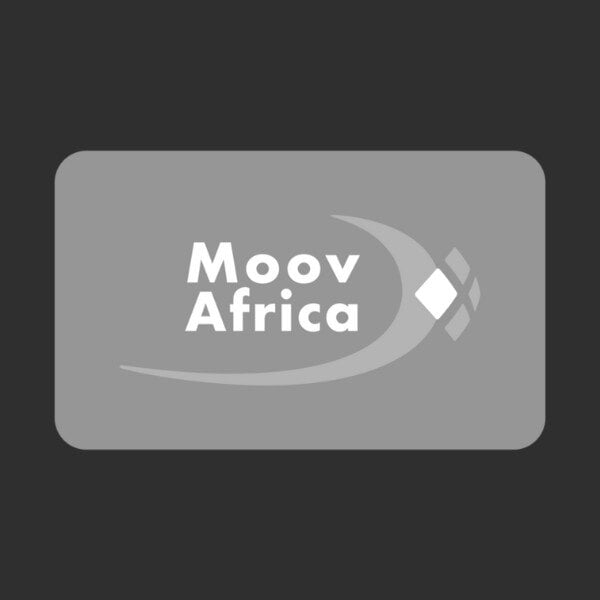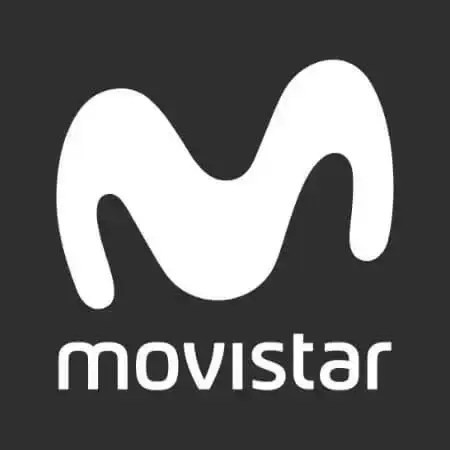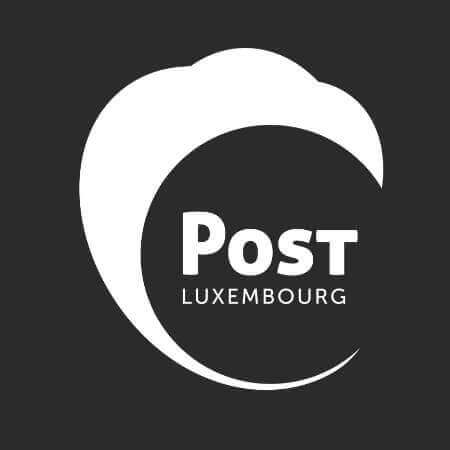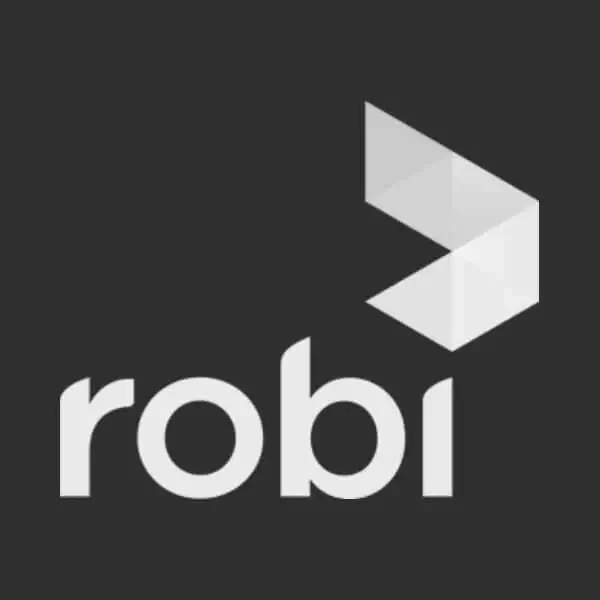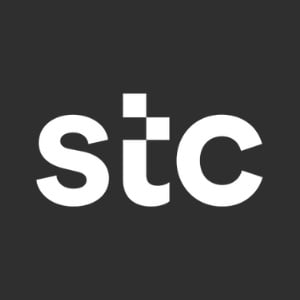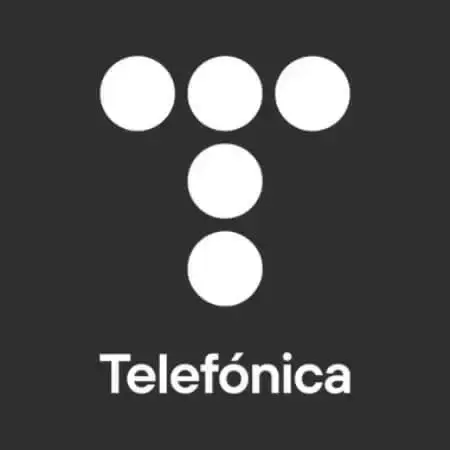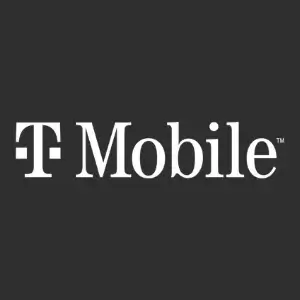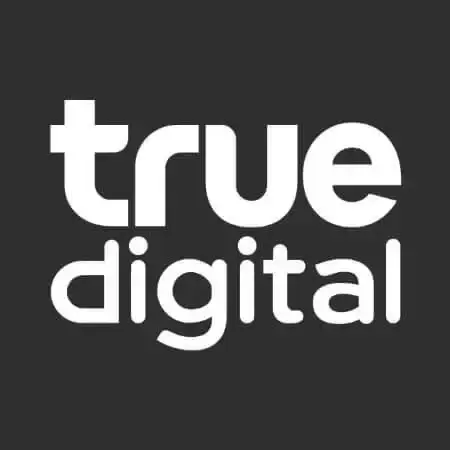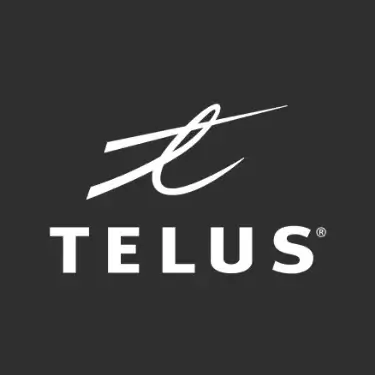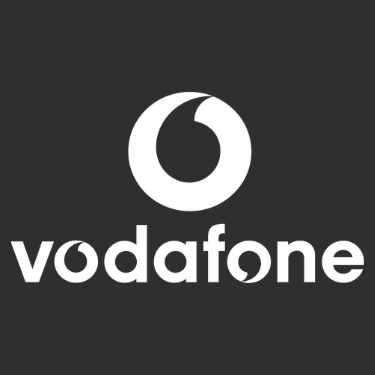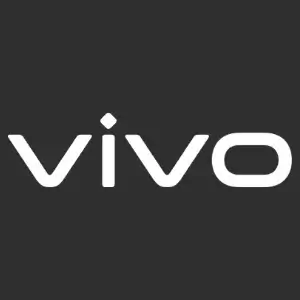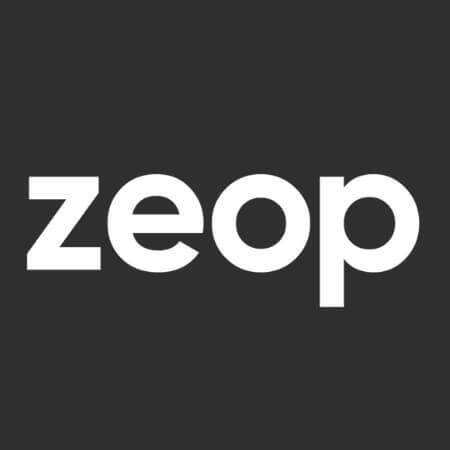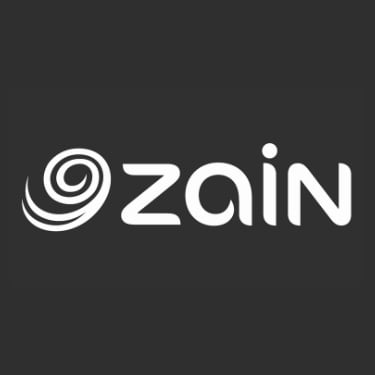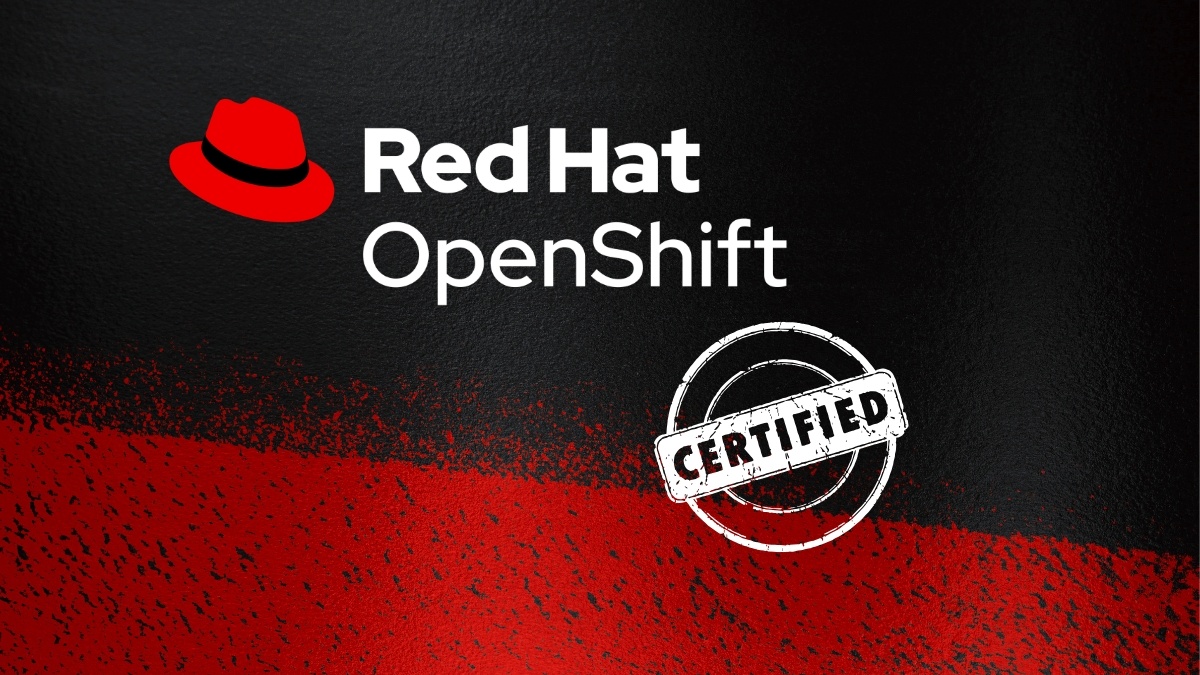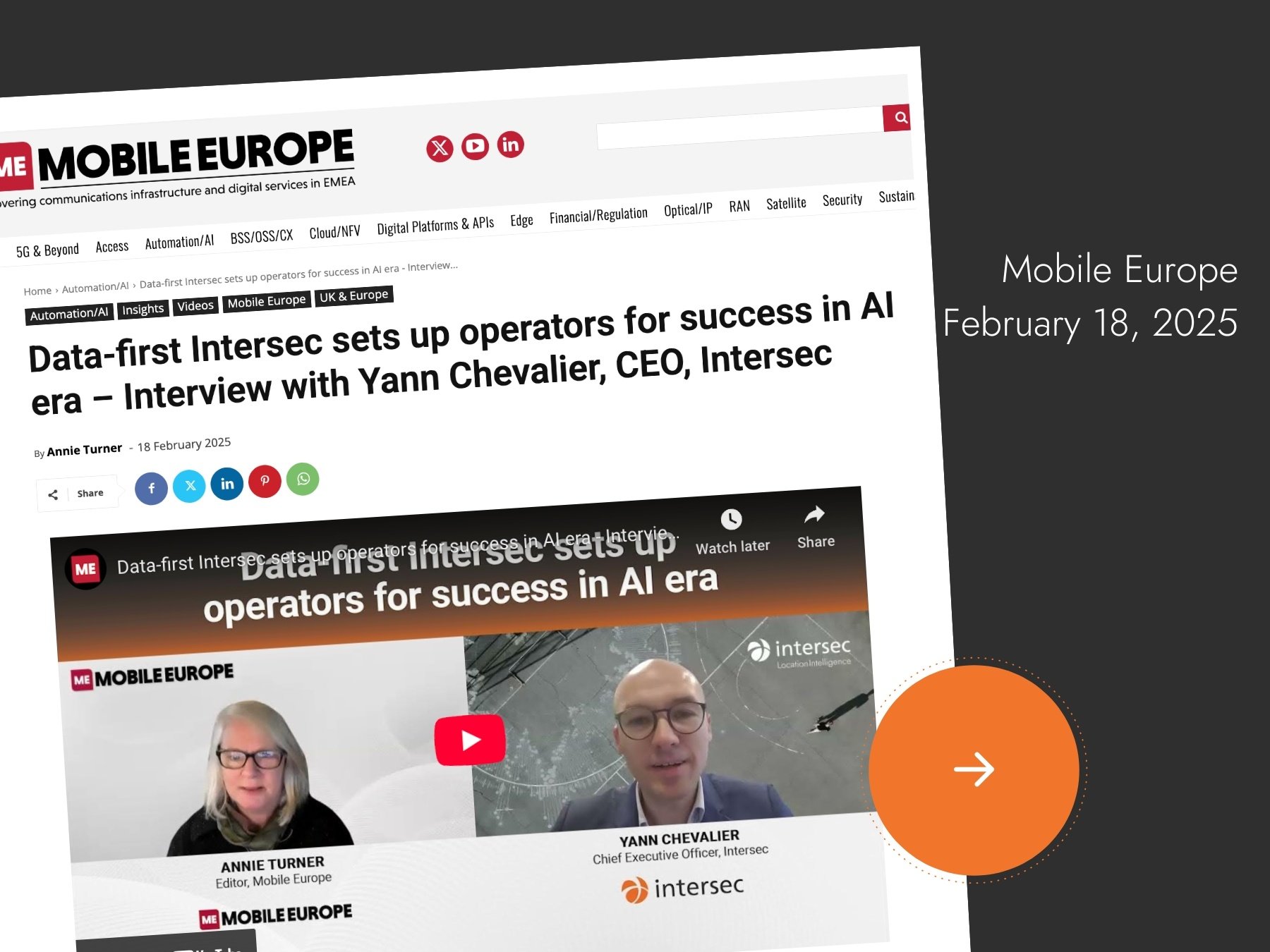SINCE 2004
Global leader in mobile data and location intelligence solutions
MISSION
To turn telecom metadata into tangible value for business and society
VISION
We envision a future where the vast metadata from telecom operators enables real-time analysis and risk management for a safer world, and fosters privacy-friendly business innovations that reposition telcos at the forefront of the value chain.
VALUES
Disruptive innovation
Customer excellence
Business ethics
Tech for good
A global presence
Paris
London
Milan
Stuttgart
Dresden
Dubai
Cairo
Singapore
Montreal
Toronto
Mexico
Istanbul
Our clients
Our clients - mobile network operators, public authorities, and mission-critical organizations - require a combination of speed and location accuracy, alongside an understanding of their unique implementation challenges. Our footprint is global: Europe, the Middle East, Asia-Pacific, Africa, and North America.



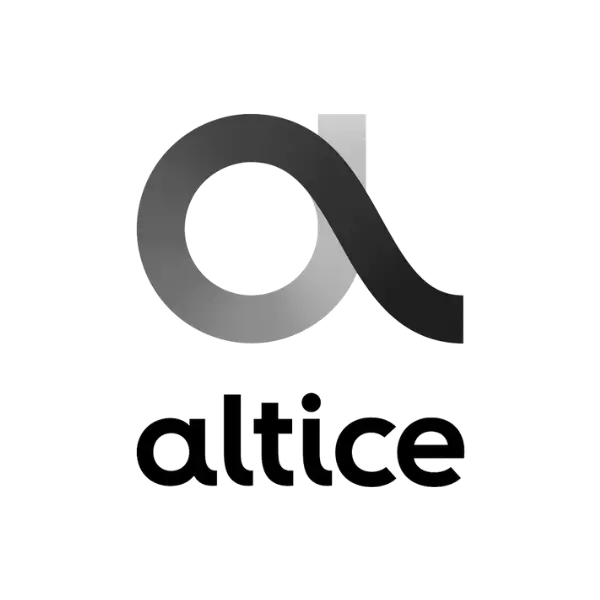
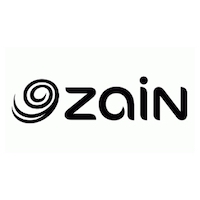
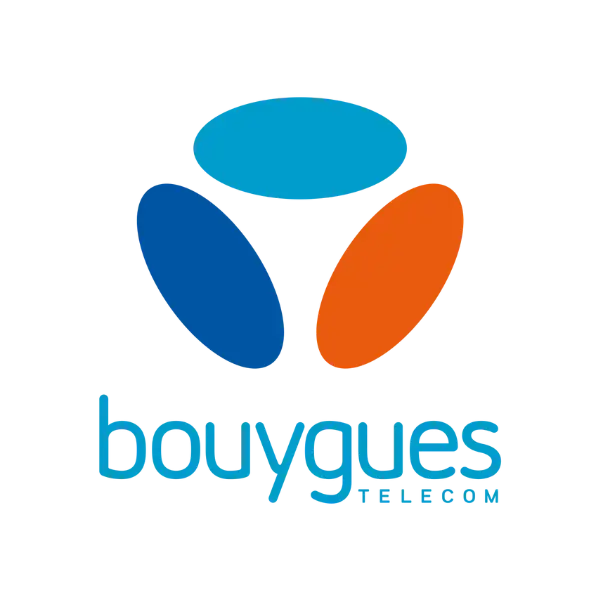
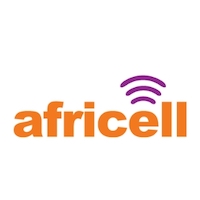
.webp)

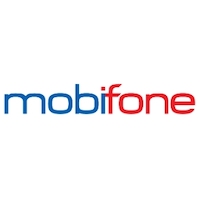
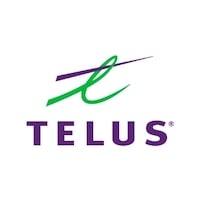
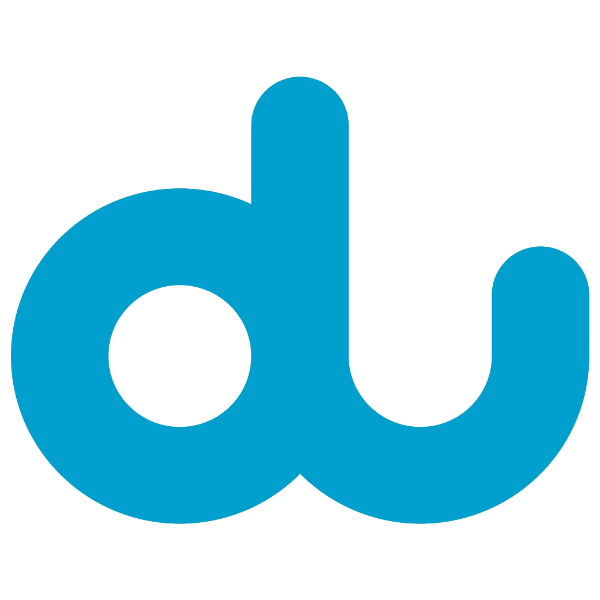
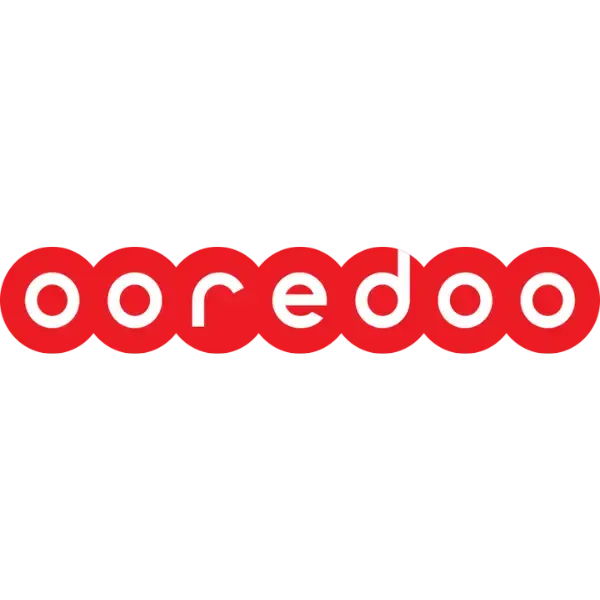


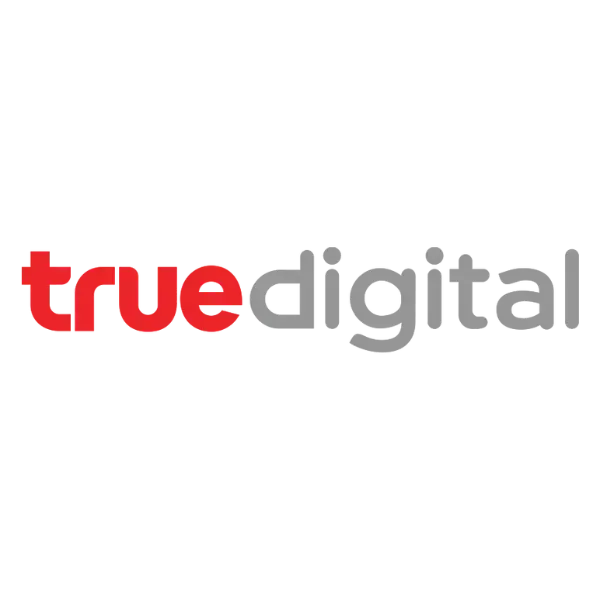


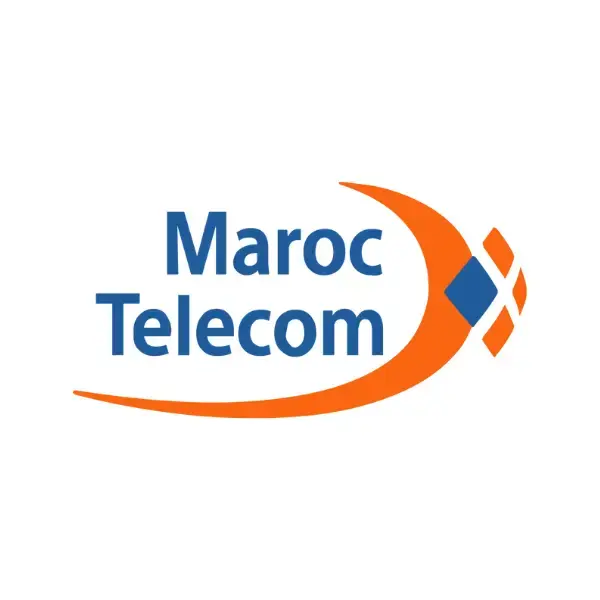
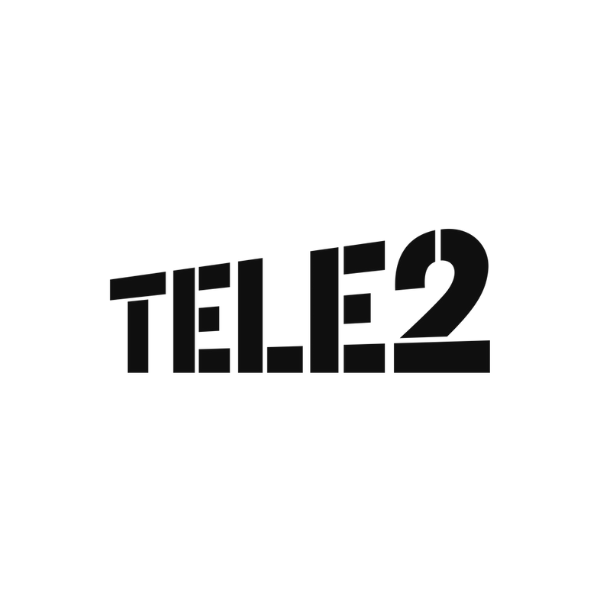
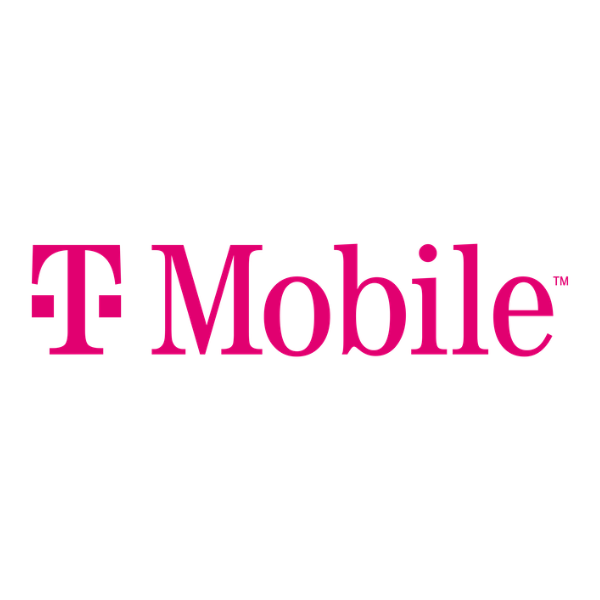
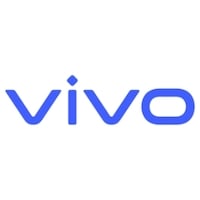

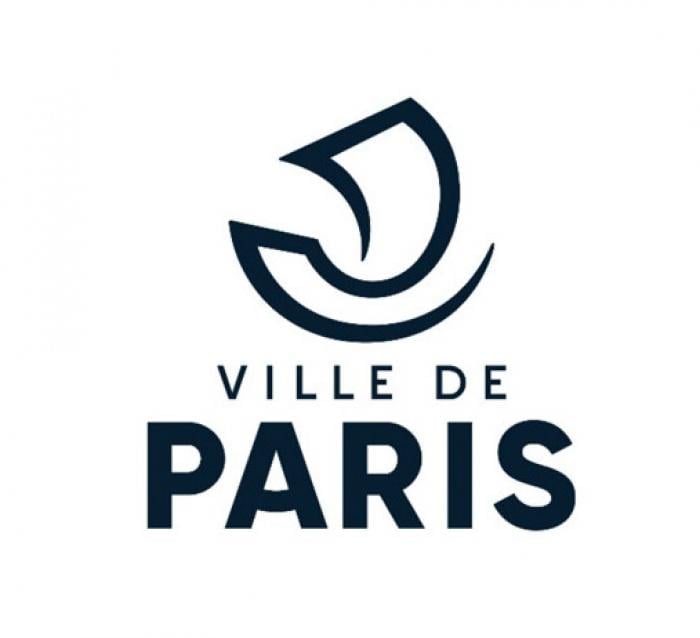
Customer testimonials
We chose Intersec for its ability to handle both passive and active locations, but also for its capability to crunch a very large amount of data in real-time with a very limited hardware footprint. We are looking for ways to spearhead new and innovative usages of our location data and Intersec is a key element of that.
”Jason Tunstall
Director, Telefonica
We were attracted by the completeness of the Intersec solution, by its experience in delivering messages on a very large scale depending on the real-time location of recipients, and by the willingness of its teams to keep this solution at the cutting edge of technology over the years to come.
”Romain Moutard
Director of the FR-Alert program
For years, Intersec's marketing solution and the strategic & tactical support we have received have enabled us to make great achievements, to focus more on strategy and to demonstrate a direct and growing contribution to Orange Guinea's revenues.
”Nene Hadiatou Bah
CVM & Loyalty Manager, Orange Guinea
By enabling established mobility start-ups like Intersec to collaborate with our experts and benefit from our international presence, RATP Dev supports their growth and the outreach of innovative mobility solutions for the benefit of cities and their inhabitants”
”Patrick Vautier
Marketing and Innovation Director at RATP Dev
As a result of our use of the Intersec platform, we have been able to provide the Asia-Pacific authorities with instantaneous, precise location data that saves lives and prevents additional evolution of the pandemic.
”Pedro Uria Recio
Chief analytics & AI officer
Our absolute focus is on user experience. The Intersec solutions allow us to segment our entire subscriber base in a much smarter way and to orchestrate highly-personalized journeys to better serve, satisfy, and delight our customers
”Tamer Shayeb
Sr. Director, Core Data and Platforms
The high level of expertise and experience of the Intersec professional services team enabled a smooth integration in record time. This success is a testament to the relevance of this partnership, where Intersec's expertise and ours work together in the best possible way.
”Victor Fortes
IT Project Manager, O₂ Germany
An incredible journey, since 2004
2005: Founders develop a mass messaging solution
In December 2004, Yann Chevalier, Jean-Marc Coïc and Olivier Guillaumin found Intersec. They develop a database able to process, in real-time, 50,000 messages/second on a single server to help telcos optimize their resources and achieve unequaled performances. Intersec rapidly increased its footprint across Europe and Africa.
2012: Data scientists enrich network data in an unparallel way
With the emergence of social media, messaging apps, and contextual marketing, Intersec data scientists started to capture, process, and organize terabytes of mobile network data, providing telcos with actionable contextualized insights and opening up a whole new world of possibilities for deeper customer engagement.
2018: On top of the platform, Intersec offers ready-made apps
The processing capacity of the platform reaches 1 million location events per second coming from 100 million+ connected people and objects. To allow Telcos to extract value from day 1, Intersec deploys ready-to-use solutions for various use cases, including location-based services, customer journey, and smart cities.
2022: Supporting public bodies for Public Safety mandates
Helping Telcos and Public Authorities deliver integrated and effective mission-critical communications to stay ahead of the curve, from efficiently warning people in case of danger to helping first responders locate emergency callers, Intersec has established itself as a leader in the public safety field on a global scale.
Latest market recognitions
2024 TM Forum Beyond Telco Award
Intersec's Virtual Command Center as a Service (VCCaaS) joint initiative has won the prestigious Beyond Telco award at the 2024 TM Forum's DTW - Ignite conference. Read the press release.
2023 Emerging Tech™: Spatial Computing
Published on October 26 2023, the Gartner® report "Emerging Tech: Revenue Opportunity Projection of Spatial Computing" recognizes Intersec as a key vendor. Access the article
2023 Hype Cycle™: CSP data monetization
This recognition serves as a testament to Intersec's expertise to empowering telcos by guiding them in making informed decisions when selecting their suppliers. Access the article
2022 Market Trend™: Location intelligence
At Intersec, we use technology to improve connectivity and safety. We partner with our clients to turn their data into valuable insights, without ever compromising people's privacy.
Our team
Chief Executive Officer (CEO)
Executive Team
Yann Chevalier
Graduated from Ecole Polytechnique, Yann Chevalier started his career at Orange. He contributed to several national R&D projects in the field of telecommunications.
Between 2002 and 2004, Yann was Chairman of Polytechnique.org Society, which counts now over 23,000 members, all alumni and students from Ecole Polytechnique. He is also one of the founders of the Manageurs.com project.
In 2004, Yann founded Intersec with Olivier Guillaumin and Jean-Marc Coïc.
Chief Revenue Officer (CRO)
Executive Team
Ingolf Ruh
Ingolf Ruh is an experienced senior Sales and Marketing executive having held various management positions in the software industry in the European, Asian and Middle East markets.
Ingolf held senior management positions at IBM including Director of Tivoli Systems DACH. In 2001 he enters Motive Inc., as VP & General Manager EMEA & APAC. Motive had a successful IPO in 2004 and was acquired by Alcatel-Lucent in 2008. Ingolf Ruh remains 3 years at Alcatel Lucent as SVP Motive. In 2011, he joins AePona Ltd., which was acquired by Intel Corp. in 2013. Ingolf also served as Advisor to the CEO of ASSIA Inc.
In September 2015, Intersec welcomes this senior executive specialized in driving innovative solutions into new markets as Chief Revenue Officer. His responsibilities include the coordination of Sales and Presales activities all over the globe.
When he is not working, Ingolf is keeping up the rhythm playing electric guitar.
CFO
Executive Team
Nicolas Rousseau-Dumarcet
Nicolas is a highly accomplished finance professional with a proven track record of success in the tech and IT industries. He graduated from ESCP Europe in 2005, where he specialized in finance, and went on to acquire over 8 years of experience as a Chief Financial Officer.Throughout his career, Nicolas has demonstrated his ability to thrive in fast-growing and evolving environments. He is skilled in business planning, analytical skills, management, mergers & acquisitions (M&A), and corporate finance & legal. These skills have been honed over years of experience in the industry, and he is able to apply them to create effective financial strategies for his employers.Currently, Nicolas serves as an executive leader at Intersec, where he oversees the financial and legal teams. His responsibilities include managing the company’s financial operations, developing and implementing financial plans, and ensuring compliance with legal and regulatory requirements.
VP Product
Executive Team
Christophe Nez
Christophe Nez has more than 20 years’ experience in the technology and telecommunication sector across technical sales, engineering, and management.
Prior to joining Intersec, he served 8 years within the Sagem mobile phones R&D division, leading the software development of several signature phones of the company.
He also occupied several positions at eServGlobal in presales organization and product marketing, contributing to the company transformation from prepaid recharge business into mobile money and financial services.
Christophe joined Intersec in 2013 as a product manager on geolocation portfolio. He now runs the entire product marketing team.
VP Talent
Executive Team
Oyo N’Doro
Graduated from Law University of Toulouse and School of Management ESMA, Oyo N’doro started her career at Médiane Système, an IT consulting company. She participated in the growth of the company by ensuring recruitment of electronical, software or embedded system engineers during 3 years before overseeing Human Resources.
Her taste for intercultural and stimulating environment has led her to join Intersec in January 2013 as Human Resources Director, her responsibilities include the development and the coordination of Human Resources activities all over the globe.
Oyo loves travelling and meeting people, when she’s not working, she is looking for the next sunny destination to visit.
VP Operations
Executive Team
Mohit Maheshwari
Mohit Maheshwari is an experienced professional services leader with over 20 years’ experience in Professional Services and Customer Operations Management. Mohit has led multiple projects in Telecoms and Utility industry in Europe, North America, the Middle East, and Asia. As VP Operations at Intersec, Mohit is responsible for professional services, project delivery and customer support.
Before joining Intersec, Mohit served as a Senior Manager at Oracle where he helped transform the Oracle Field Service Solution Delivery and delivered consistent world class customer experience to Oracle customers.
Prior to that, Mohit held senior positions at Toa Technologies, Alcatel-Lucent and Motive where he developed and implemented highly successful post-sales service and support organizations.
VP, Marketing & Communications
Executive Team
Charlotte Cardona
Charlotte Cardona is a seasoned marketing executive with a diverse international background. A graduate of EDHEC Business School, she has held leadership roles in North America's technology and security sectors. As Marketing and Communications Director at Alithya, Charlotte led corporate marketing initiatives during a pivotal period of growth, including acquisitions and an IPO.
In 2021, she returned to France to join Intersec as VP of Marketing & Communications, where she drives international expansion and represents the company on critical public safety issues, establishing Intersec as a thought leader in the field.
Chief Technical Officer (CTO)
Executive Team
Jean-Marc Coïc
Graduated from Ecole Polytechnique, Jean-Marc was recruited by Accenture right after graduating École Polytechnique and Telecom Paris Tech. He participated in software integration projects for large accounts and still is an important contributor to several open-source projects.
Highly skilled in very advanced programming techniques, Jean-Marc was part of Intersec from the very beginning. Jean-Marc's incredible leadership and technical skills naturally imposed him as CTO of the company in 2006. In January 2007, he becomes deputy CEO.
Jean-Marc plays the French horn in a symphonic orchestra and gives concerts for French horn, piano and voice with two of his fellow musicians.
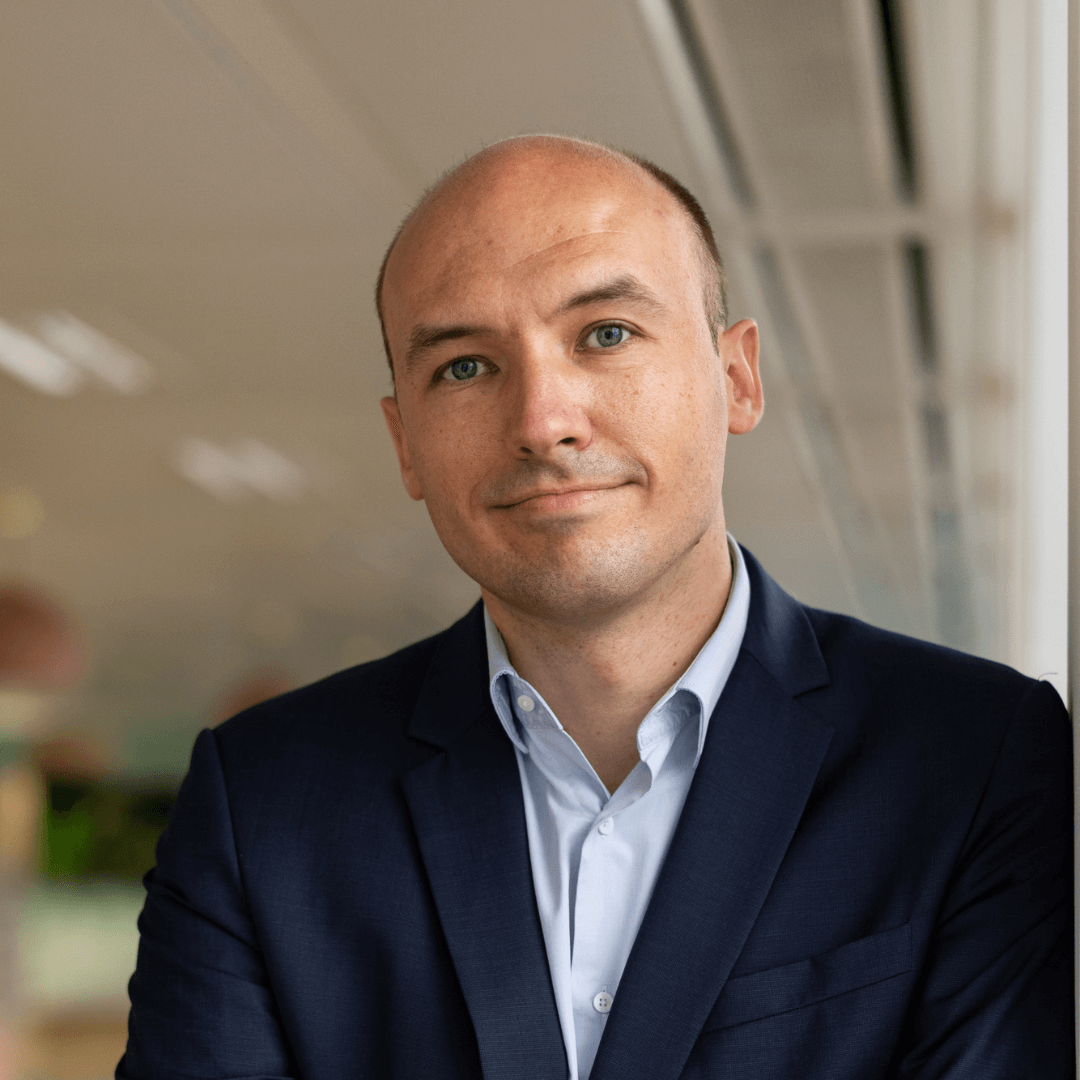
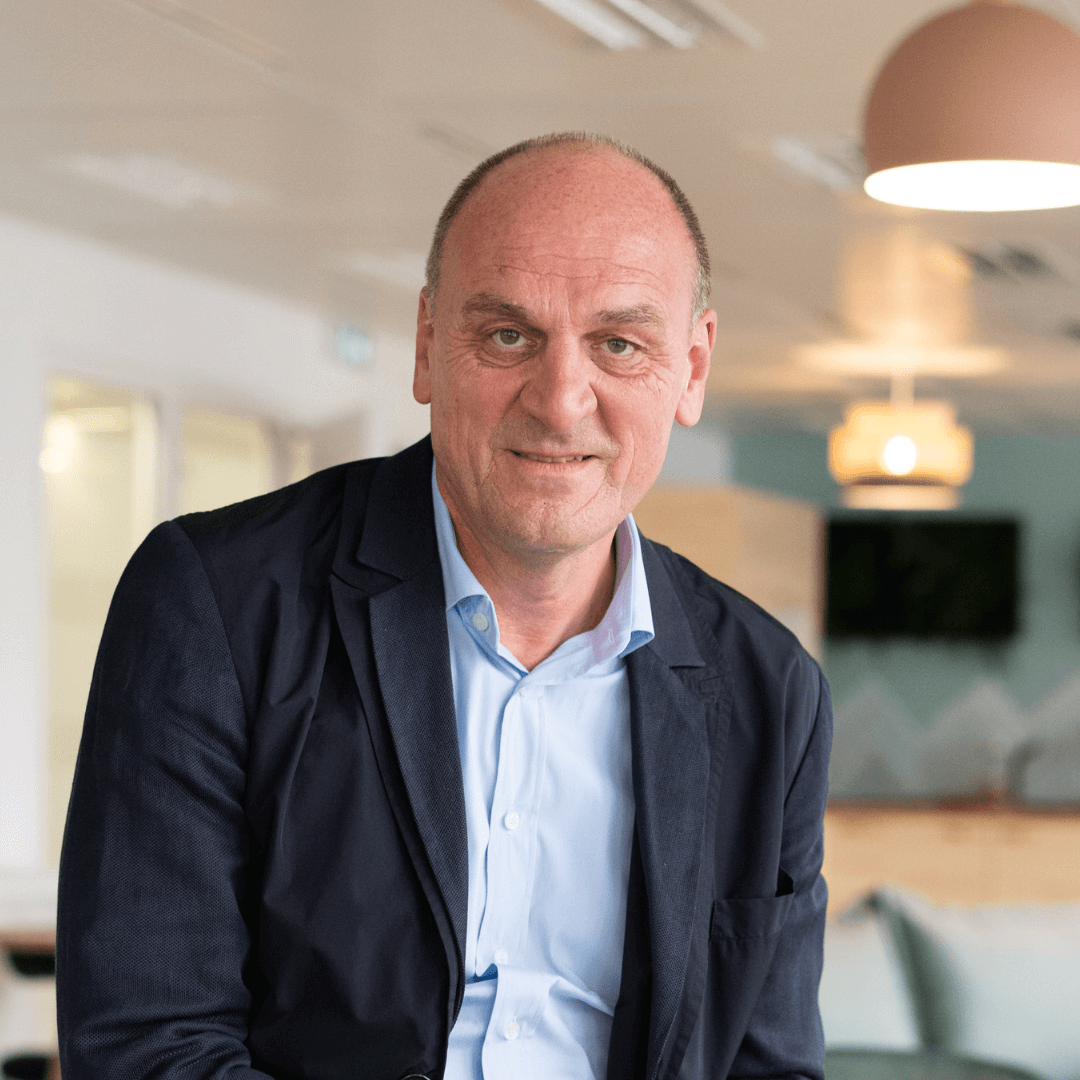
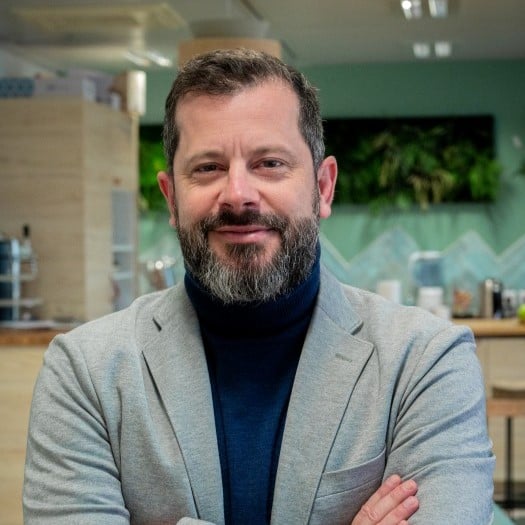
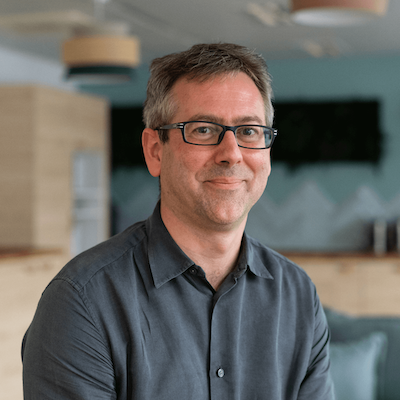
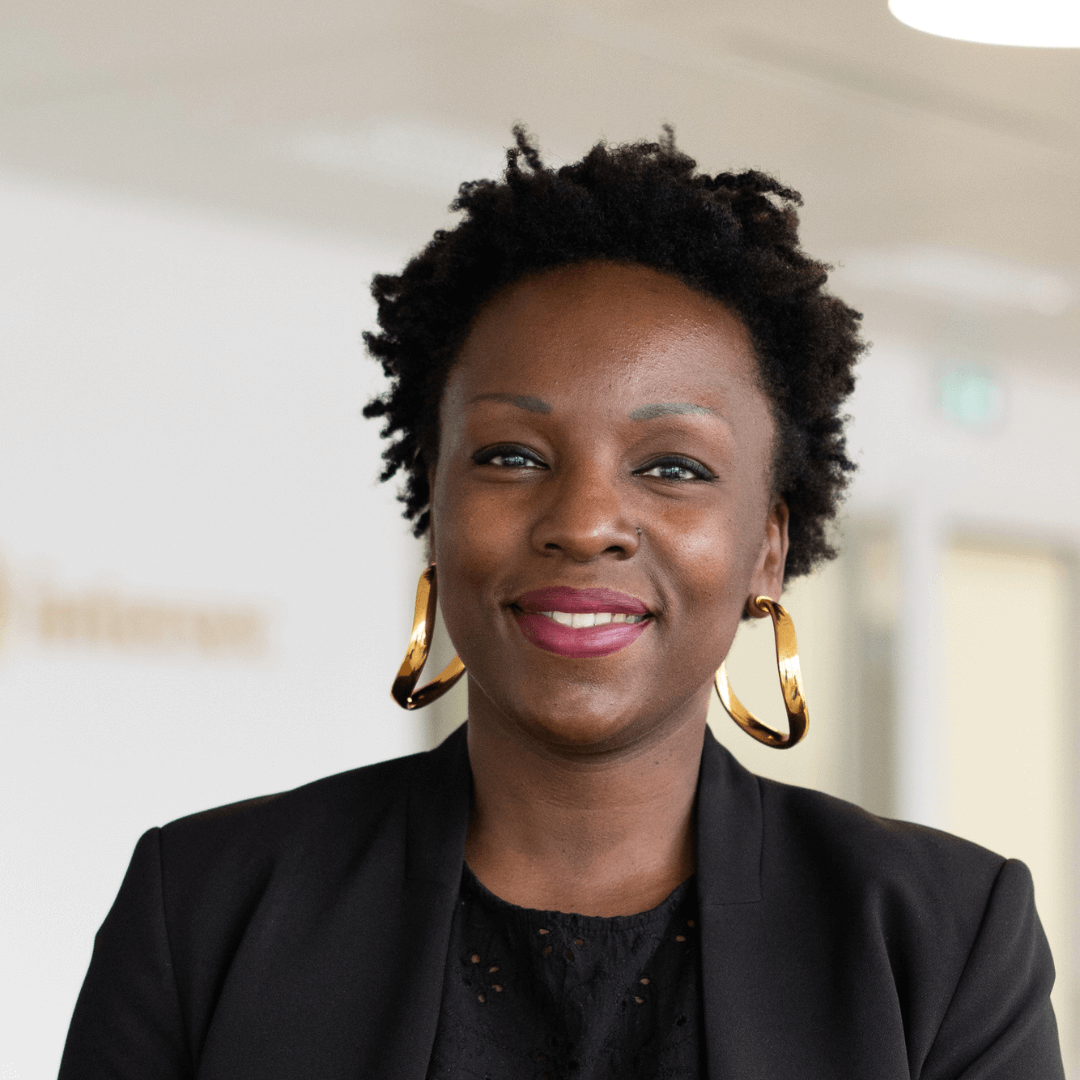
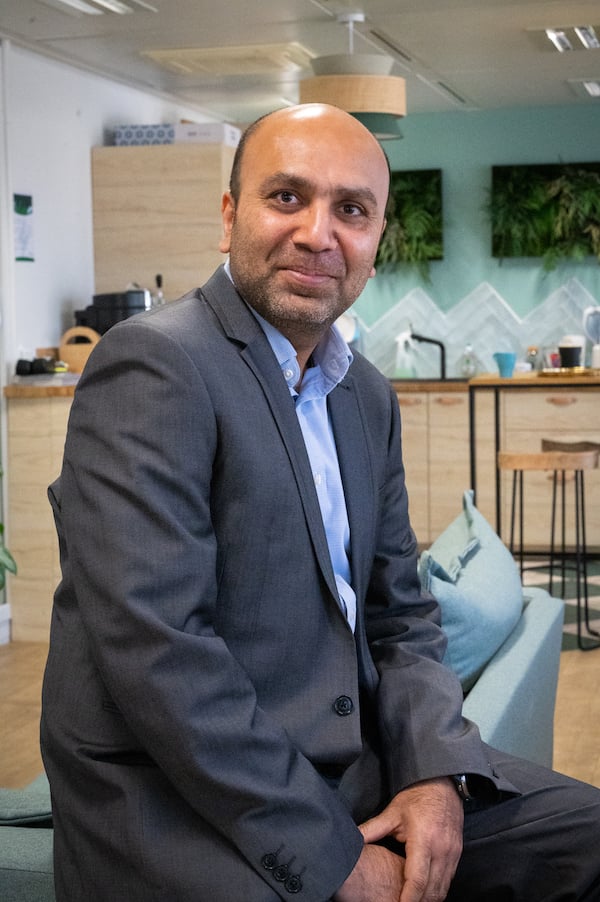
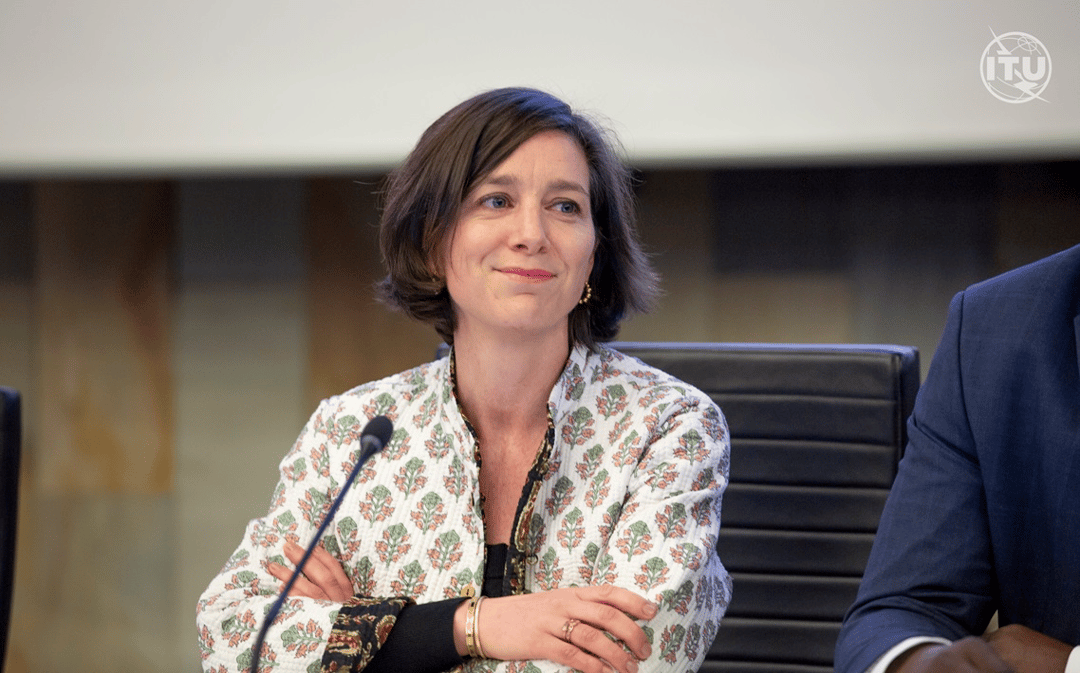
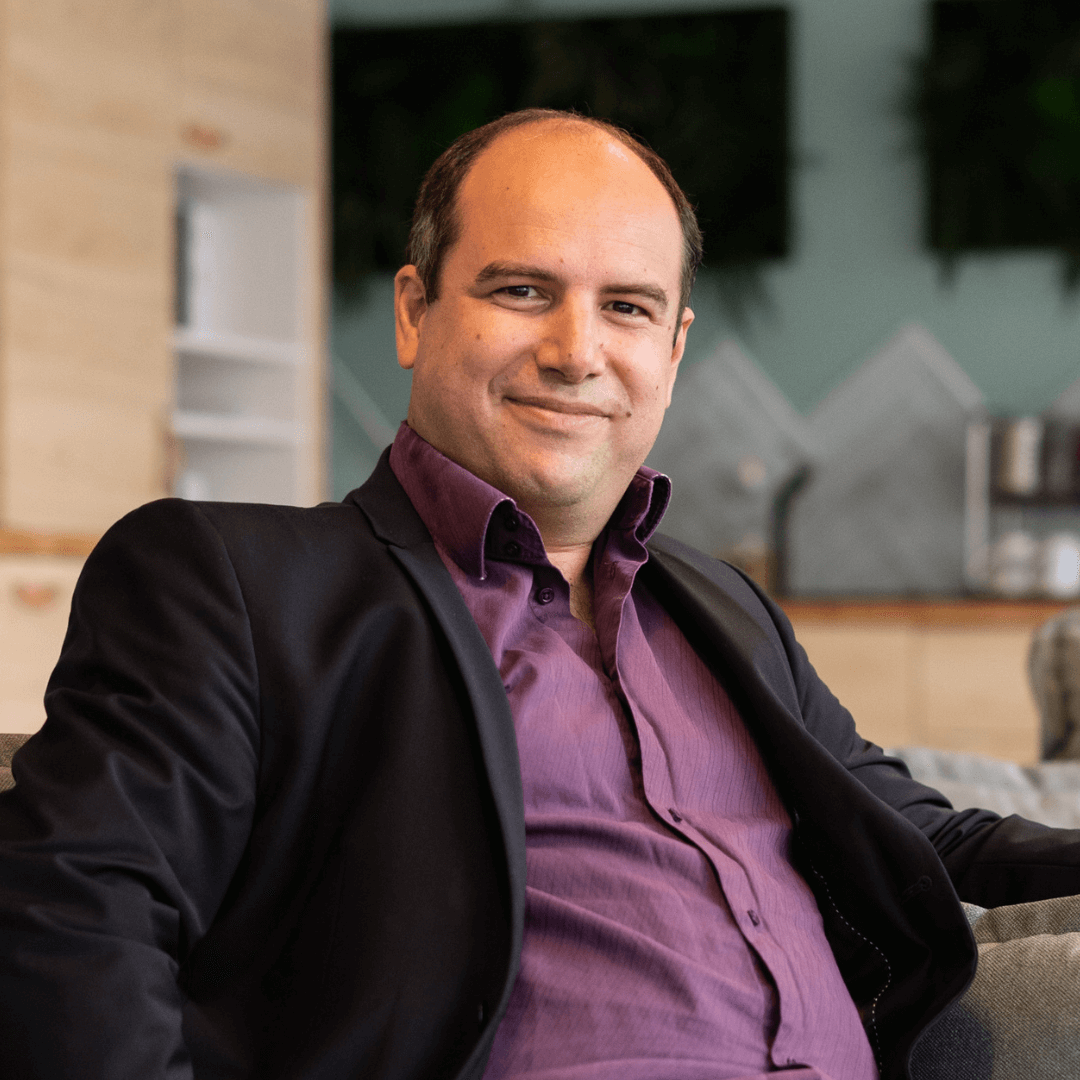
A word from Yann Chevalier
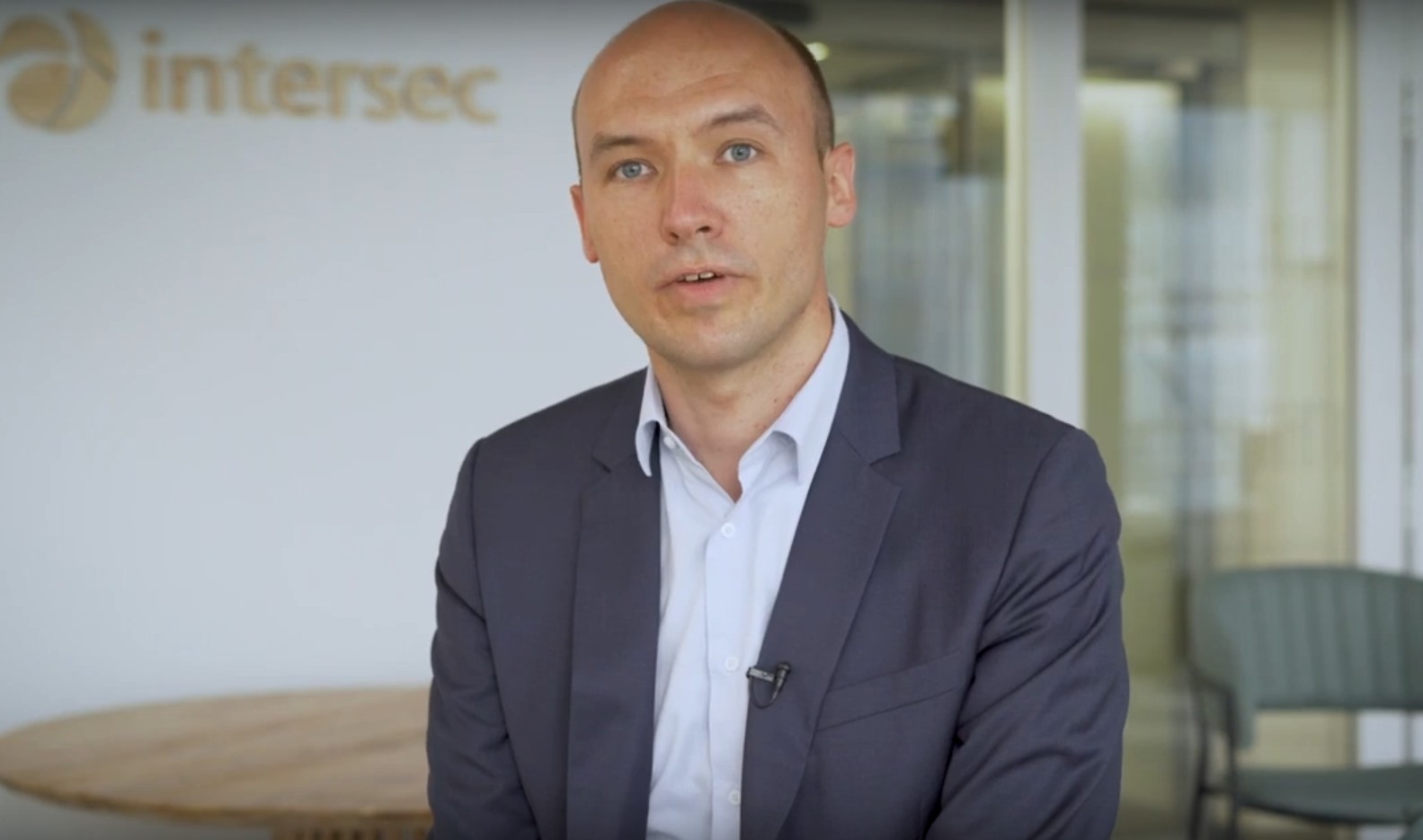
Our latest press releases

Intersec Unveils 24 CAMARA-Ready APIs to Accelerate Telco Innovation
QUESTIONS
Frequently asked questions
What does Intersec do?
moreIntersec is a French technology company, headquartered in Paris, that specializes in telecom metadata and location intelligence software solutions serving telecom operators, public authorities, and mission-critical organizations across over 50 countries.
Its foundational platform, Agora, processes and transforms metadata from telecommunications operators internationally into actionable insights through a range of cloud-native B2B and B2G software applications. Intersec does not engage in reselling data because the company does not own its customers' data.
Where does Intersec operate and who are their typical clients?
moreIntersec has a global presence, operating in over 50 countries across Europe, the Middle East, Asia-Pacific, Africa, and North America.
Intersec serves a diverse clientele, including Ministries of Interior, Justice, and Finance, Governmental Agencies, Law Enforcement Agencies, Telecom Regulatory Agencies, major Mobile Network Operators, and mission-critical organizations. Notable clients include the governments of France, Croatia, Luxembourg, England’s Environmental Agency, as well as Orange, Telefonica, Etisalat, Telus, A1, among many others.
What is the scale of Intersec's operations?
moreAll devices combined, the Intersec solutions deployed internationally connect over 1 billion people worldwide, and their mission-critical communication solutions cover 400 million individuals around the world, reflecting their significant impact on critical infrastructures and public safety.
What is the Agora platform — and why is it revolutionary?
moreAt the core of Intersec’s solutions lies Agora, a robust, vendor-neutral platform engineered to process and analyse massive volumes of telecom metadata in real time. With Agora, telecom operators and public authorities can convert raw data into practical insights, empowering smarter decision-making.
Agora acts as a dynamic digital twin for network metadata. It gathers fragmented data from mobile networks, databases, sensors, and APIs, then organizes it into meaningful objects - such as demographic or geographic profiles - and maps out relationships like behavioural patterns and usage habits.
But Agora is more than a data model; it serves as the backbone for data integration, contextual awareness, and actionable intelligence. Imagine it as the digital nervous system for nationwide telecom networks: it continuously connects, interprets, and responds to signals in real time, enabling coordinated actions for both sovereign and commercial applications.
This forward-thinking approach to telecom metadata and location intelligence is driving innovation in public safety, homeland security, and telecom innovation. By doing so, Intersec is cementing its position as a pivotal force in the digital transformation of both public and private sectors.
What solutions does Intersec provide?
moreIntersec offers a range of ready-made applications, powered by Agora, in three main fields:
- Civil Protection: Risk detection, early warning, mass notifications, situational awareness, emergency response, and emergency call handling, designed for public authorities and emergency services.
- Homeland Security: Advanced analysis of activity and mobility patterns to fast-track police and justice investigations, and enhance security services’ capabilities for identifying, monitoring, and responding to national security threats.
- Telecommunications: Regulatory compliance, location-based services, network exposure through APIs, privacy-compliant marketing and advertising
Real-world examples:
- A government leverages massive volumes of anonymised data to analyse population movement models during a pandemic to streamline vaccines and supplies distribution.
- Emergency services accurately locate people calling for help cutting the response to rescue them.
- Financial institutions connect transactions and user mobility patterns to detect fraud invisible to traditional systems.
What sets Intersec apart from its competitors?
moreIntersec stands out through its unique combination of deep telecom expertise, advanced location intelligence, and ethical, privacy-first technology. Unlike competitors who either specialize only in network location services or provide standalone civil protection applications, Intersec delivers an integrated, national-scale platform that serves both mobile network operators (MNOs) and public authorities. This enables a broad spectrum of safety and security use cases, from emergency services to law enforcement, all orchestrated across multiple mobile network operators. This comprehensive approach is unmatched in the market.
Additionally, Intersec operates under a strict data protection policy, ensuring full privacy compliance by never selling customer data. Instead, it delivers cutting-edge processing technology that extracts exclusive mobility and activity insights while empowering sovereign and commercial use cases.
How does Intersec ensure compliance with global and local regulations?
moreTo support regulatory compliance, Intersec provides secure, structured workspaces that enable customers to organize and manage data in accordance with strict privacy and security standards. Intersec’s approach to data governance includes a robust framework of policies and guidelines designed to optimize, secure, and leverage metadata while minimizing regulatory risk.
For public safety and security applications used by authorities, Intersec's software is deployed using a three-tier architecture. This includes distinct layers for the mobile network operator, the public authority, and a mediation layer to securely manage data exchange between them, ensuring full compliance with legal and regulatory frameworks.
How does Intersec ensure data security, privacy, and integrity?
moreAs a European company, Intersec provides software solutions that are fully GDPR-compliant and built around a Privacy by Design philosophy. Intersec processes only metadata, never the content of communications, thereby ensuring individuals’ privacy and maintaining data integrity at all times. The platform includes a comprehensive catalogue of use cases and features, all designed with a strong focus on balancing operational effectiveness with the protection of subscriber and citizen privacy. This means data protection is embedded into the core of all products through features such as:
-
Data pseudonymization and encryption
-
Smart cascading workspaces for secure collaboration
-
Granular access controls and audit trails
-
Built-in data governance tools
The company also prioritizes cloud deployments for their enhanced security, scalability, and centralized management. These capabilities are continuously reinforced through regular updates and automated safeguards.
Thanks to this comprehensive approach, major institutions such as the French Ministry of the Interior, other national ministries, and tier-1 telecom operators rely on Intersec for mission-critical operations involving sensitive data.
How can I learn more or get started with Intersec?
moreYou can explore Intersec's offerings and get in touch through this page: Get started with Intersec.
Subscribe to our newsletter
Some of our prestigious clients
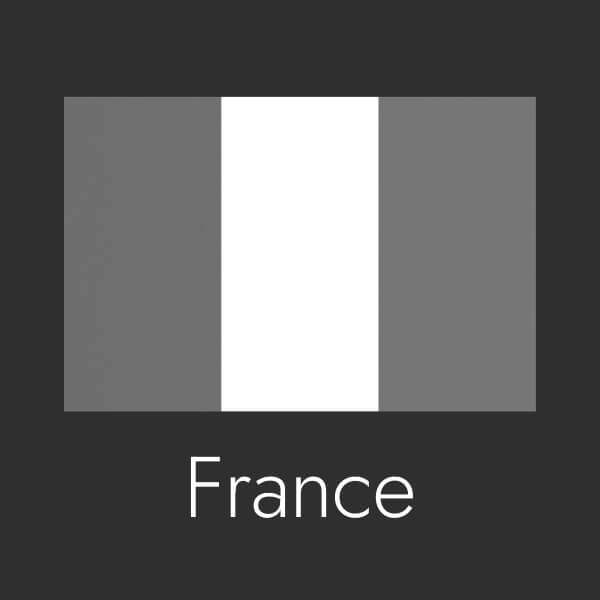
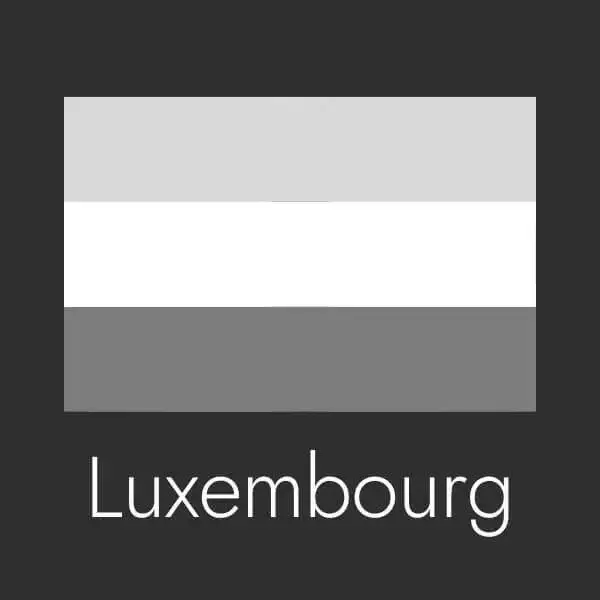
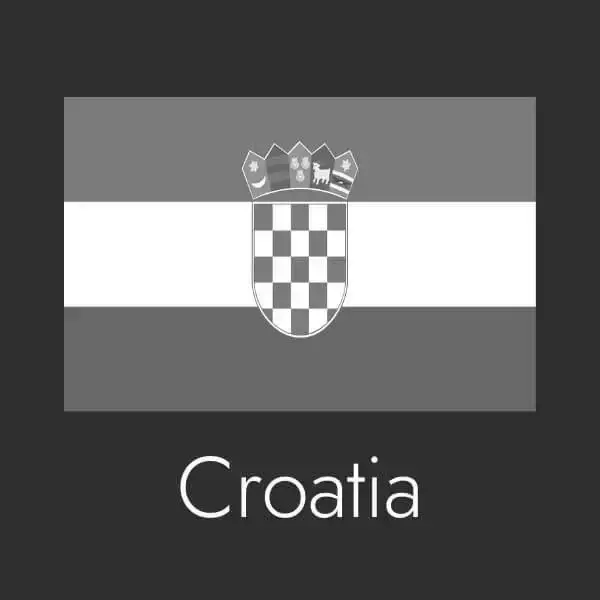

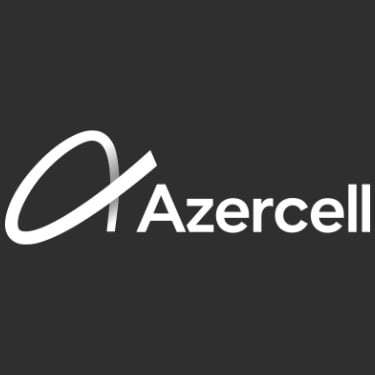

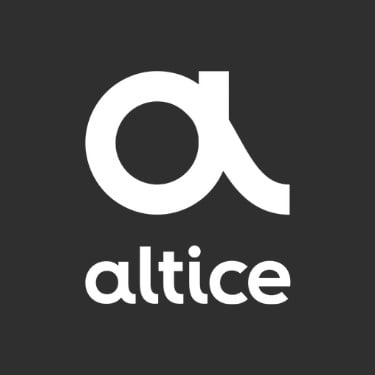
.webp)
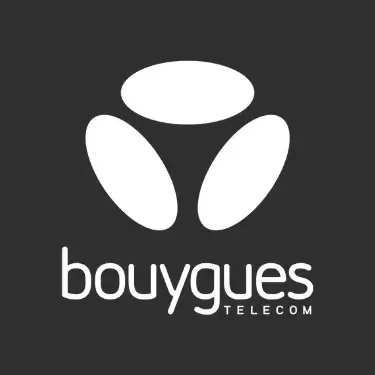

.webp)
